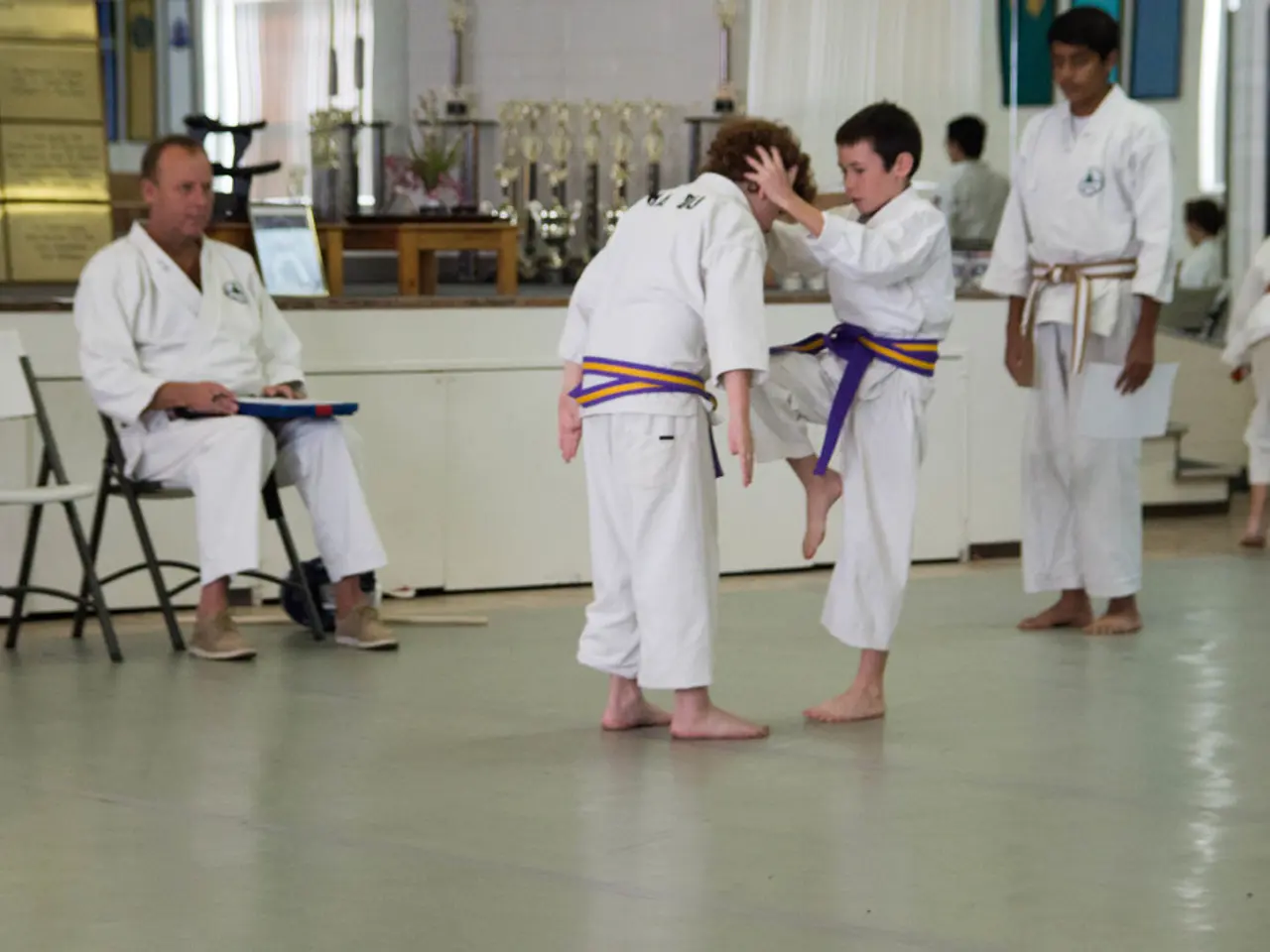Seven Effective Discipline Methods That Grant Rewards Instead of Impose Penalties
Positive Discipline, a revolutionary approach to parenting, is gaining popularity due to its focus on nurturing, teaching, and guiding children, rather than punishing them. This method encourages a supportive, nurturing environment that fosters healthy emotional and social growth, strengthens family bonds, and helps children learn acceptable behavior proactively.
At the heart of Positive Discipline lies the belief that children should be given choices, taught emotional intelligence, and provided with a safe space to regain control. Techniques such as positive reinforcement, clear and consistent boundaries, restorative justice, teaching and guidance, and avoiding physical punishment, yelling, or harsh reactions form the core of this approach.
One of the most effective techniques in Positive Discipline is the use of positive timeouts. These are not meant to punish, but rather to calm kids down and help them manage their feelings and actions. A peaceful, welcoming area with calming elements, comfy seating, and teachings of calming techniques make positive timeouts an essential tool for teaching self-control and discipline.
As children grow, so must the approach to Positive Discipline. Parents must adjust their methods to meet the developmental needs and temperament of their children, ensuring the approach remains positive and effective.
Involving children in problem-solving and using role-playing are other powerful tools in Positive Discipline. By making children feel empowered and giving them a sense of ownership over solutions, we can boost their problem-solving skills and encourage cooperation.
Positive Parenting, which incorporates Positive Discipline methods, aims to create a supportive family environment that nurtures children's growth and strengthens the parent-child bond. This approach also emphasizes teaching emotional intelligence skills, helping children express their feelings and manage their actions effectively.
The Positive Discipline Association (PDA) leads this approach, offering training for parents and teachers. Positive Discipline has been approved by reputable organizations such as the American Montessori Society and the National Board for Certified Counselors, making it a trusted method in educational settings.
However, implementing Positive Discipline may require patience and effort. Parents might need support at times, seeking help from their child's doctor, a parenting coach, or other parents. Remember, the benefits of Positive Discipline are worth the effort, as it helps children learn self-control, solve problems, build trust and respect with parents, and grow into responsible adults.
[1] Positive Discipline: The Classic Guide to Helping Children Develop Self-Discipline, Responsibility, Cooperation, and Problem-Solving Skills, Jane Nelsen, 2006. [2] Positive Discipline for Teenagers: Dealing with the Challenges of Adolescence, Jane Nelsen, 2009. [3] Positive Discipline Tools for Teachers, Jane Nelsen, 2009. [4] Positive Discipline in the Classroom: How to Transform Classroom Management and Improve Student Behavior, Jane Nelsen, 2013. [5] Positive Discipline in Action: The Bullying Prevention Program, Jane Nelsen, 2014.
- Emotional intelligence is an essential aspect of Positive Discipline, where children are taught to manage their feelings and actions effectively, fostering child development.
- Respect is at the core of Positive Discipline strategies, creating a family environment that nurtures growth and strengthens the parent-child bond, promoting positive parenting.
- Science backs Positive Discipline, with its techniques approved by organizations like the American Montessori Society and the National Board for Certified Counselors, making it a trusted method in education-and-self-development.
- By using discipline strategies such as positive reinforcement, clear boundaries, and restorative justice, as well as tools like positive timeouts, parents can help children learn self-control and discipline, which are important for health-and-wellness.
- Parents should be aware that child development is dynamic, and as children grow, they will need different strategies and approaches to make Positive Discipline effective, including problem-solving and role-playing.




